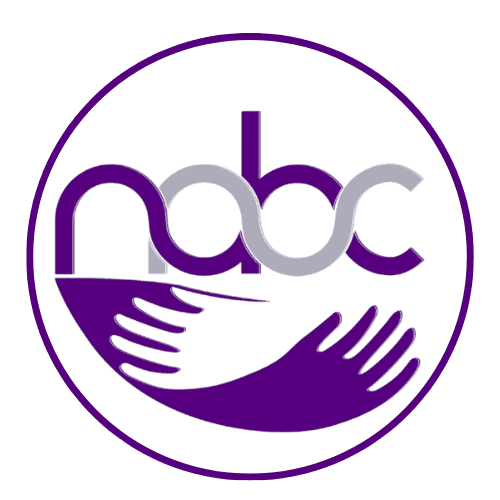Menu
Log in
 the national Association of Black Counselors
the national Association of Black Counselors
The National Association of Black Counrselors, Inc. is a 501(c)3 non-profit organization. National Association of Black Counselors Headquarters 3552 Boulevard Colonial Heights, VA 23834 |
Powered by Wild Apricot Membership Software